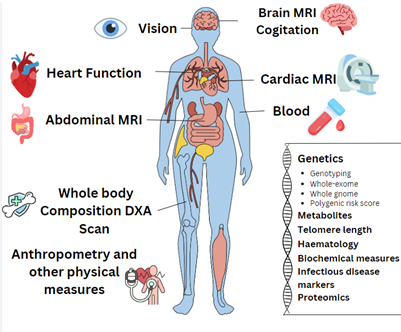DDI Harbors the Largest Biobank in Kuwait with over 500,000 samples
Published on 29/04/2024
The Dasman Diabetes Biobank plays a pivotal role within the Dasman Diabetes Institute, serving as a central repository for numerous projects and initiatives. Its significance lies in its vast collection of samples, encompassing a variety of biological materials crucial for diabetes and related complications research.
Since its inception, the biobank has managed over 120 research projects, including major collaborations with institutions such as Harvard School of Public Health, the Forsyth Institute, Kuwait University, and the Ministry of Health in Kuwait. With more than 45,000 participants enrolled, it has handled approximately 500,000 sample components, including DNA, plasma, serum, peripheral blood mononuclear cells, and tissue samples, contributing to over 200 publications.
A primary function of the biobank is to facilitate genetic analysis conducted by different departments within the Dasman Diabetes Institute. By providing access to a diverse range of genetic samples, researchers can investigate the genetic underpinnings of diabetes, its risk factors, and associated complications, thereby identifying genetic markers and susceptibility genes for personalized treatments.
Moreover, the biobank is instrumental in research aimed at discovering biomarkers for diabetes diagnosis and its complications, which hold promise for enhancing early detection, monitoring disease progression, and developing targeted therapies. Notably, the biobank has initiated a collection of healthy pancreatic biopsies, aiming to provide invaluable insights into pancreatic physiology and function.
In summary, the Dasman Diabetes Biobank is a valuable resource for researchers, providing essential support for genetic analysis and biomarker discovery efforts in diabetes research, ultimately advancing our understanding of the disease and improving patient care and outcomes.



